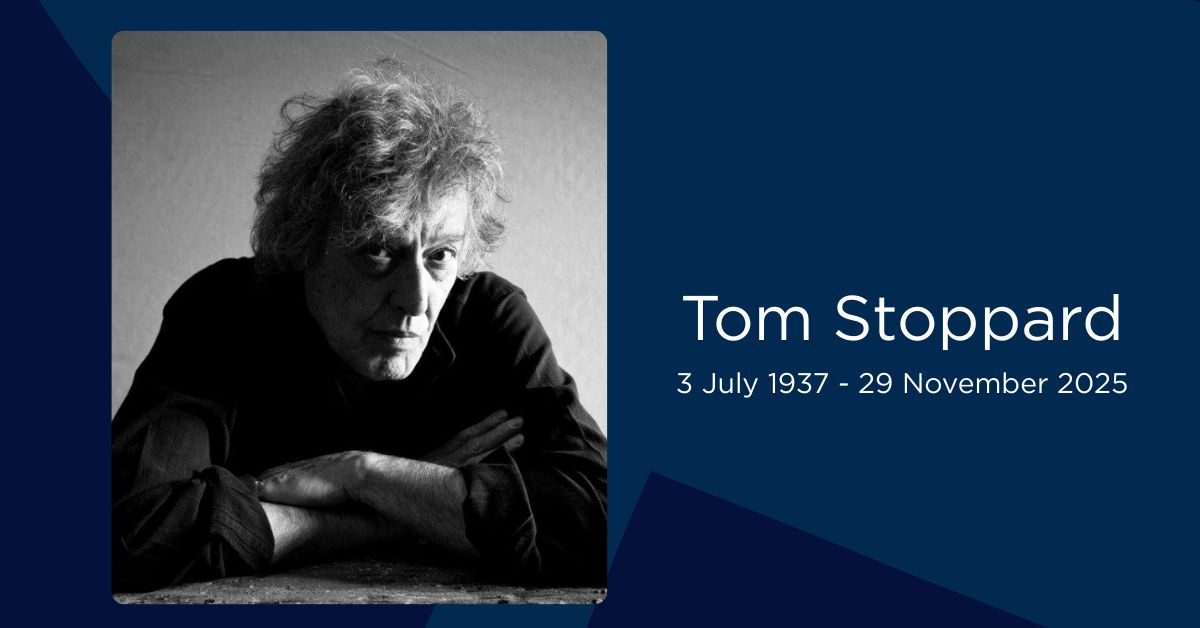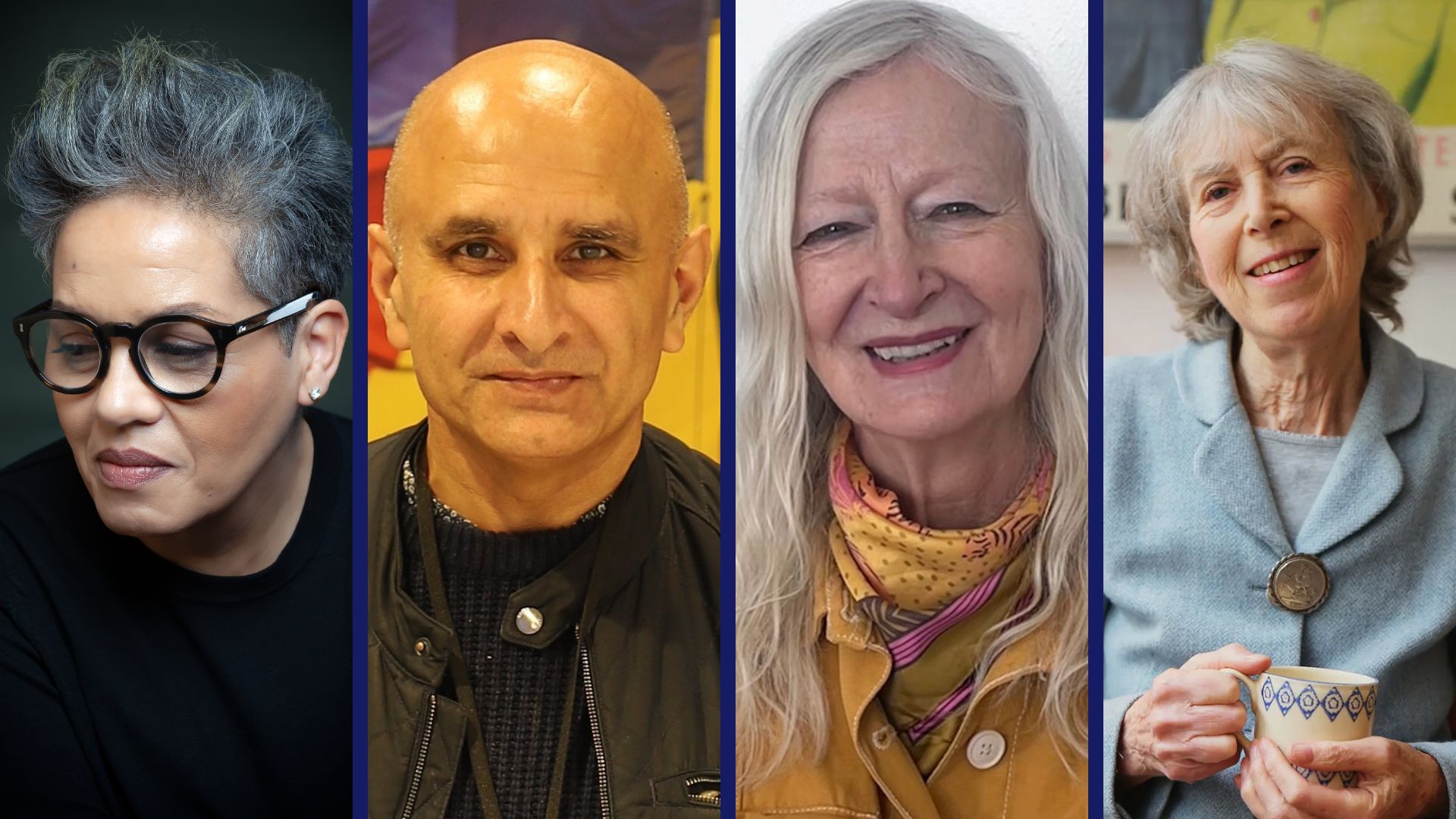I began drafting the early stories from my latest novel, Before Now: Memoir of a Toerag, as light relief during the writing of a trilogy. I have spent six years working on The Sun Song Trilogy, a future fiction epic set in the former UK in the year 2089. The main themes are dystopian, and its world can sometimes seem bleak.
Many of the characters in the trilogy speak in the Scots dialect. I really enjoyed spending time with these characters and realised that whenever they appeared the mood lifted, but every now and then I needed a complete break from this dark world.
Encouraged by my dialect-speaking characters, I began to write some funny short stories based around the exploits my sons got up to when they were kids. Before Now’s narrator is a seventeen-year-old boy, Gavin Smart, and when Gavin began speaking in the broad Fife dialect he made me laugh. Here he is describing his maw’s pal Janey:
“Janey looked that braw. This day she wore a lacy top an her tits looked like pineapples. Ah couldnae stop lookin at thum even when she clipped me oan the lug. She wis fae The Valley an hud a clout like a miner’s shovel.”
I found Gavin’s stories easy to tell and I enjoyed writing them. When a great narrative voice springs into your head like a nagging ear worm, it’s hard to ignore.
At that time, I was a member of two critique groups, one for adult writing and one for children’s writing. The children’s writing group had several non-Scots members so I worried they wouldn’t be able to understand the Fife dialect.
To my surprise, not only did they understand it, they loved Gavin’s voice as much as I did. The other group also enjoyed the stories, but one member continually complained about the dialect and strongly advised me against my foolish path.
It would have been easy to let this one dissenting voice put me off, but I remembered the last time I wrote in Fife dialect was in ‘The Pairty Line’ sections of my debut novel, The Incomers. At the time of publishing, it was this section the readers loved best. I’ve had compliments from readers of many nationalities and never received a complaint.
I think the event that convinced me to let Gavin have his voice was when I performed the stories at a couple of open mic nights. I had an instant, positive response from the audience. I kept writing and, as the short stories progressed, I realised that there was more than one story emerging. Gavin is from a single parent family, his mum (Maw), took him and his brother Sam from their father when they were just entering their teens.
As she struggles to improve their lives and pay the bills, the boys grow more out of control. Maw’s struggle to keep her family together emerges between the lines of Gavin’s funny stories. It became apparent to me that this was a novel with a serious message, but I saw no reason why that message couldn’t continue to be told in the Fife dialect.
As soon as I knew the new structure of the novel, I raced ahead with the manuscript giving no thought to the consistency of spelling. I didn’t know it then but before me lay a huge hurdle.
I am slightly dyslexic and rely heavily on Word to pick up my many spelling mistakes. Imagine a manuscript written in non-standard English, the screen filled with words underscored in red. The process of editing was a nightmare. Not only could I not correct all the standard English words because errors covered the page, but my Fife spellings were inconsistent.
Gavin’s voice was so captivating, I didn’t care whether, for example, clothes was written ‘claithes’ or ‘claes’. Sometimes if I wasn’t sure of the best spelling I would ask for help on the many Scottish language forums, but that often made matters worse when regional differences threw up contradictions. My worst errors were mixing up ‘Ah’ meaning ‘I’ with ‘aw’ meaning ‘all’. I could give many more examples but I fear giving you all just as big a headache as I had.
Before Now is self-published under my own imprint, Trilleachan Press. When I decided to self-publish I contacted a professional editor and he did a great job of weeding out most of the errors, but even after two more self-edits, I was discovering tiny mistakes and I am sure there are still some to find.
The book was published at the end of May 2021 and has received great feedback. One gentleman told me he had never read a book until lockdown, but he bought three copies of this book because he said it was the first time he had seen a book written the way he speaks. I have had feedback from non-Scots/non-Fife readers saying that they did not find the dialect a problem and thoroughly enjoyed Gavin’s voice.
There is no doubt that writing in dialect has become more common, you need only look at the success of Booker Prize winner Shuggie Bain by Douglas Stuart and Graeme Armstrong’s The Young Team.
There are Scots Language Awards for literature and other art forms and a Scots Language Network. The Scottish Book Trust administer the Scots Language Publication Grant awarded to some fine works including Ross Sayers’ Daisy on the Outer Line and Duck Feet by Ely Percy.
Lallans is the Scots Language Society’s literary magazine for Scots prose and poetry and more recently Miss Punny Pennie has become a Twitter and You Tube sensation with her couthy Scots word of the day videos.
It is too early to tell how successful my Fife novel, Before Now, will be but the signs are good. I have already been asked several times for a sequel, and a stage play but I think I need to recover from the editing process of this novel before I embark on another tale in Fifeish.
Before Now; Memoir of a Toerag is available from Amazon or direct from Moira’s website.
About Moira
Moira McPartlin is a member of the Society of Authors in Scotland. She made a big impact with The Incomers, her debut novel set in Fife. It was shortlisted for the Saltire Society First Book of the Year Award and was a critical success.
Her speculative fiction Sun Song Trilogy novels, Ways of the Doomed, Wants of the Silent and Star of Hope set in 2089, reflect many issues we are living with today.
In September 2019 her short play A Handful Of Glaur was included as part of the UNESCO Cities of Literature Short Play Festival in New Zealand and in 2020 she will take up a (deferred) writing fellowship at Hawthornden Castle.
Moira is also a prolific writer of short stories and poetry and has been published in a variety of literary magazines and anthologies. Her latest novel Before Now: Memoir of a Toerag was published in May 2021.
Moira is currently working on a fairytale graphic novel about irresponsible tourism and a poetry project about concrete. She lives in Stirling, Scotland.
You can find Moira at www.moiramcpartlin.com | Twitter @moiramcpartlin | Insta @moiramcpartlin | Facebook – theweemcp
Find out about the Society of Authors in Scotland.





